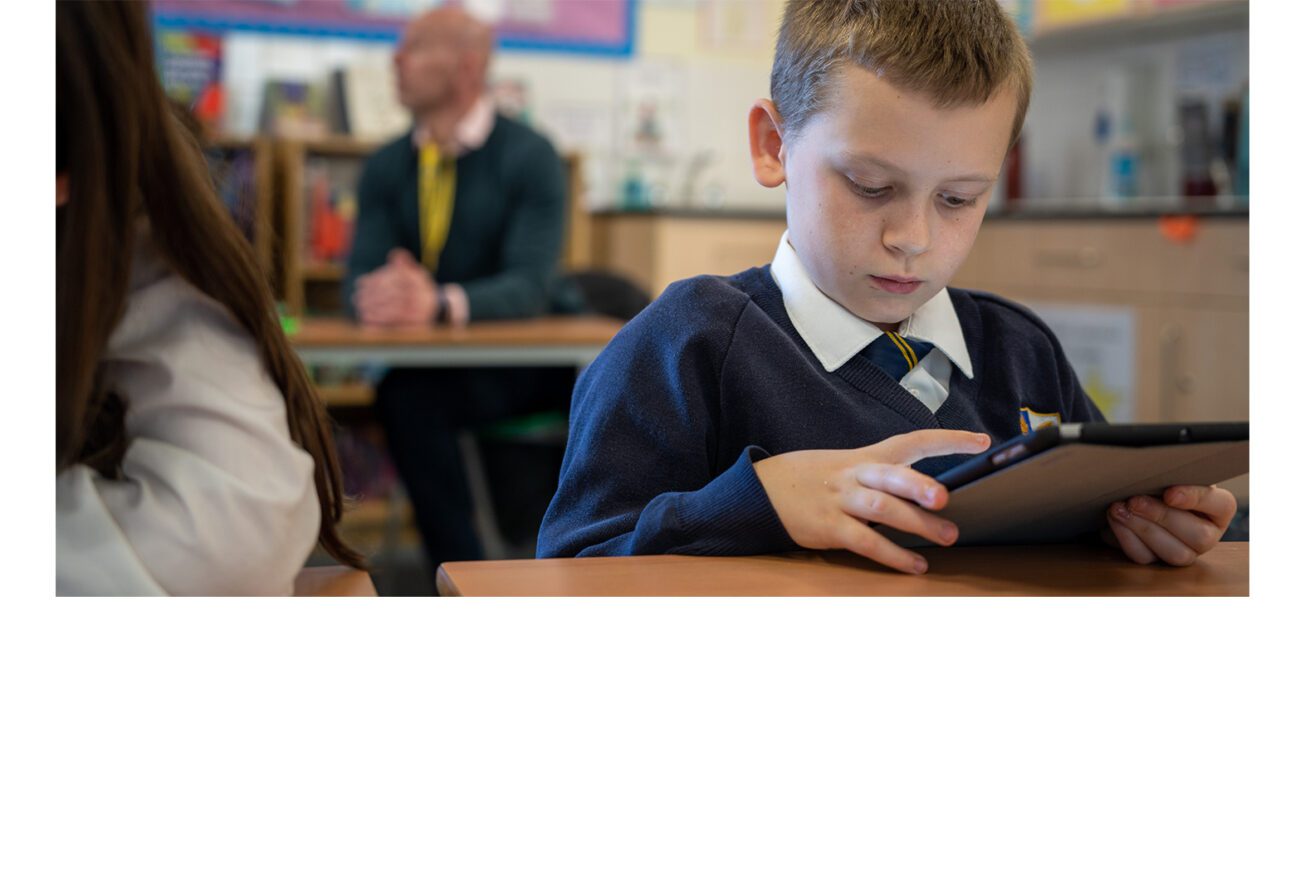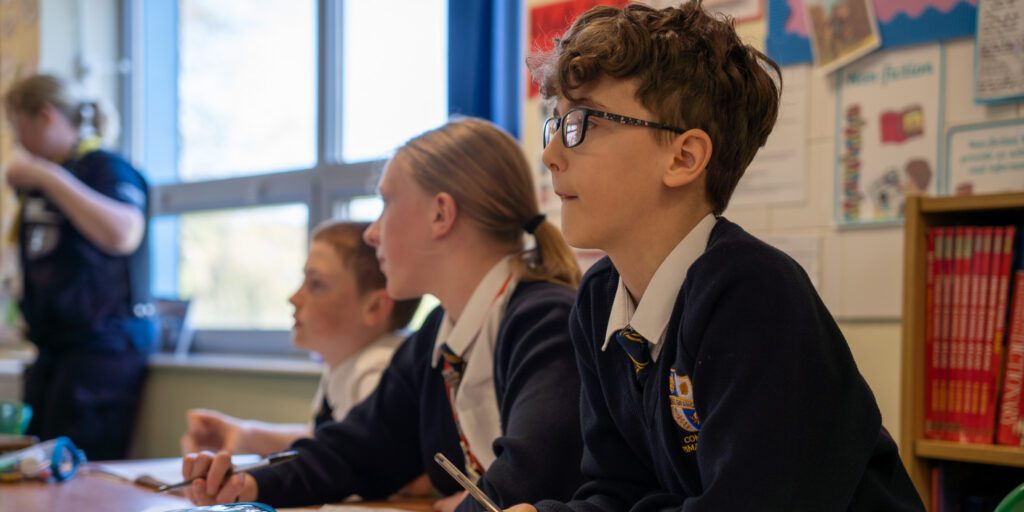Depersonalising the issues to promote understanding and engagement

Throughout the Choices Programme, pupils have learned about various complex processes. The challenge for them now is considering what it all means for them, thinking about how they will choose who they really are, and in doing so, to promote understanding and engagement and consciously setting a course towards the future they want.
Using distancing techniques such as stories, role-play, and scenario-based discussion is a well-established practice within PSHE education. Activities within the Programme employ such methods to depersonalise discussions to promote understanding and engagement. At the same time, the story’s engaging nature and the characters’ relatability ensure that the learning remains current, credible and exciting. This approach has proven successful in leading young people to explore their own values and opinions, critically reflecting on what they believe to be important, triggered by events in the story and their objective view of them. Distancing the learning in this way can help young people confidently approach sensitive issues they are likely grappling with right now, offering an easy, guided and safe pathway into essential but sometimes tricky topics without it becoming too obvious that this is happening.

Session Nine subtly moves the process from events in the story to become more focused on pupils and their social contexts. Challenged to empathise with the characters in the story, they consider various viewpoints to help them understand the intent behind the actions people take. This triggers the process of developing a framework to help bolster their own wellbeing and resilience, which includes building a solid network of support, understanding that they have the right to feel safe, and developing the capabilities required to manage situations that can limit their choices. Research has shown that, as human beings, we create our own ‘egocentric social universes’. Put simply, this means that we tend to favour the people closest to us and spend time with those we believe are more like us. It’s, therefore, essential to encourage young people to think carefully about their personal networks and form relationships with people who inspire and provide positive examples they can aspire to.
To find out more, please get in touch with us at: chat@engagelime.com or here